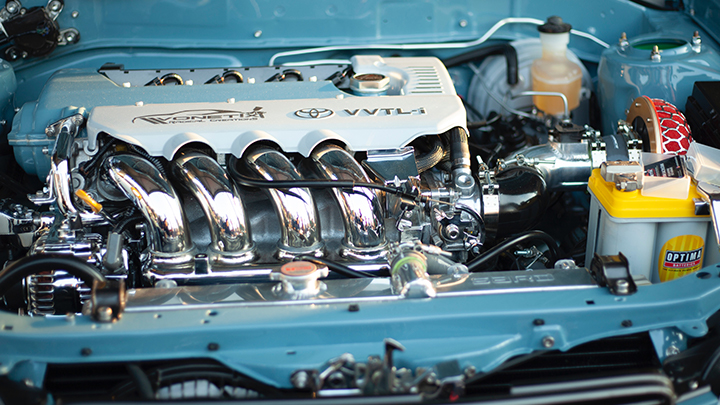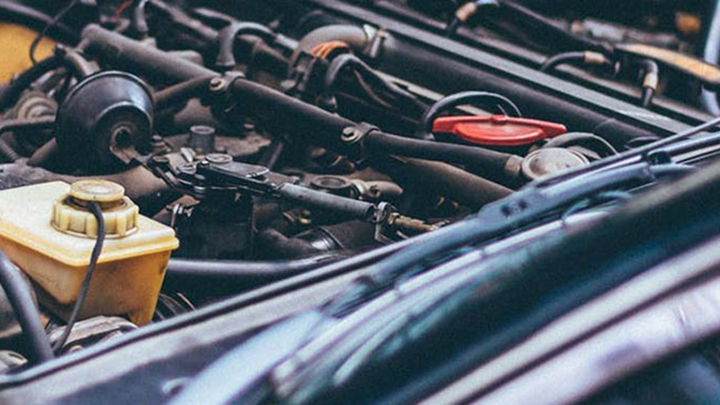If you’re a car driver, you’ve probably asked yourself what those numbers are on top of the fuel pumps when you have your car filled-up. These are called OCTANE RATINGS. If you’re a new car owner and have no idea about these things, then let us help explain.
Octane Ratings basically tell how much the fuel can be compressed before it spontaneously ignites. To explain further, an octane rating is the measurement of KNOCK RESISTANCE of a fuel. Most cars nowadays use four-stroke gasoline engines and one of the strokes is the compression stroke. This is where the engine compresses a cylinder-full of air and gas into a much smaller volume before igniting with a spark plug and pushes the piston down. When the gas ignites by compression rather than the spark plug, it can cause KNOCKING sounds in the engine that can damage it extensively and greatly lower its efficiency.
How would you know which octane rating is for your vehicle?
For starters, powerful vehicles that have high-performance engines can compress the fuel-air mixture more than normal engines do which is why they need gasoline with a higher octane rating. Prevention of knocking in high-performance cars is the only reason to purchase fuel with a higher octane rating. As for most modern vehicles, they usually do not require higher octane fuels unless specifically expressed in your owner’s manual (which you should actually read) that says explicitly if it’s REQUIRED or RECOMMENDED.
Does a higher octane rating mean more power?
Not really. This is one of the most common misconceptions that come with octane ratings. Octane does not increase engine horsepower or make the engine start quicker. Higher octane ONLY reduces engine knock.
What if I’m driving an older car? Should I use high-octane rating gasoline or low-octane rating gasoline?
For classic cars that run on older engines, they are built for lead-based gasoline which was banned in 2000. The current ingredients that make-up today’s gasoline contain up to 5% ethanol to make it environment-friendly but is still corrosive and damaging for older engines. Using high-octane rating gasoline might be a good idea but keep in mind that it still has its risks.
Octane rating is dependent on what your engine needs. The recommended gasoline for most cars is regular octane of 91 or lower UNLESS a higher octane rating is recommended as stated in your car’s manual. In fact, in most cases, using a high octane rating gasoline than what is stated in your car’s manual offers ABSOLUTELY NO BENEFIT. It won’t make your car perform better, go faster, get better mileage, or run cleaner. Basically, you just spent more money without reaping any noticeable benefits. Best bet: LISTEN TO YOUR OWNER’S MANUAL and follow the recommendation.



